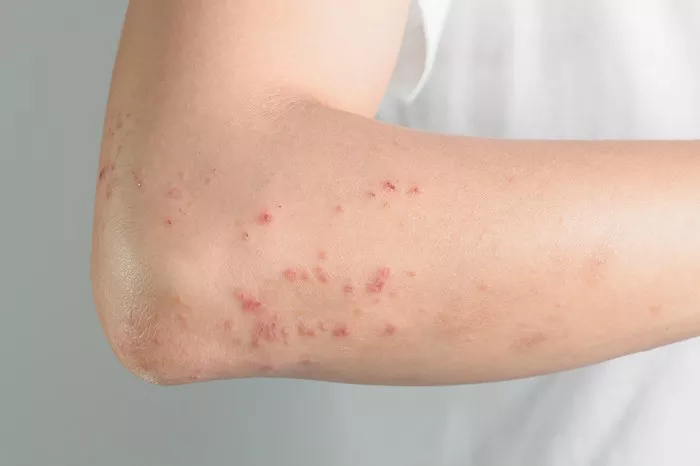GSK’s latest announcement on the ZOSTER-049 long-term follow-up phase III trial reveals compelling evidence of Shingrix’s sustained efficacy against shingles over an extended period. This study monitored participants for up to approximately 11 years following their initial vaccination with Shingrix (Recombinant Zoster Vaccine or RZV). The final trial data, presented at ESCMID Global 2024 in Barcelona, Spain, showcase Shingrix’s effectiveness in adults aged 50 and over for more than a decade.
The key findings from the ZOSTER-049 trial, an extension of two earlier phase III clinical trials (ZOE-50 and ZOE-70), highlight the following vaccine efficacy (VE) rates:
- 79.7% VE in adults aged 50 and above cumulatively within the period from year six to year 11 after vaccination (95% CI 73.7–84.6).
- 82.0% VE in adults aged 50 and above at year 11 (95% CI 63.0–92.2), indicating sustained high efficacy over time.
- 73.1% VE in adults aged 70 and above cumulatively from six to 11 years after vaccination (95% CI 62.9–80.9), demonstrating consistent efficacy across different age groups.
Dr. Rashmi Hegde, Executive VP – Medical Affairs at GSK India, emphasized the significance of these findings: “Given that ageing adults are at a higher risk of complications from shingles, we hope that these findings instill confidence in policymakers to include shingles vaccination in public immunization plans for adults.”
Shingles, a viral infection caused by the varicella-zoster virus, can affect up to 1 in 3 individuals during their lifetimes globally. Factors such as advancing age, immunodeficiency, or underlying chronic conditions like COPD, diabetes mellitus, and asthma can increase the risk of developing shingles. The condition typically manifests as a painful rash with blisters across the chest, abdomen, or face, often accompanied by sensations of aching, burning, stabbing, or shock-like pain. Following the rash, up to 30% of individuals may experience post-herpetic neuralgia (PHN), a persistent nerve pain lasting weeks, months, or even years. Moreover, shingles imposes a substantial healthcare burden, with 57% of affected individuals reporting missed workdays averaging 9.1 days due to the condition.


























